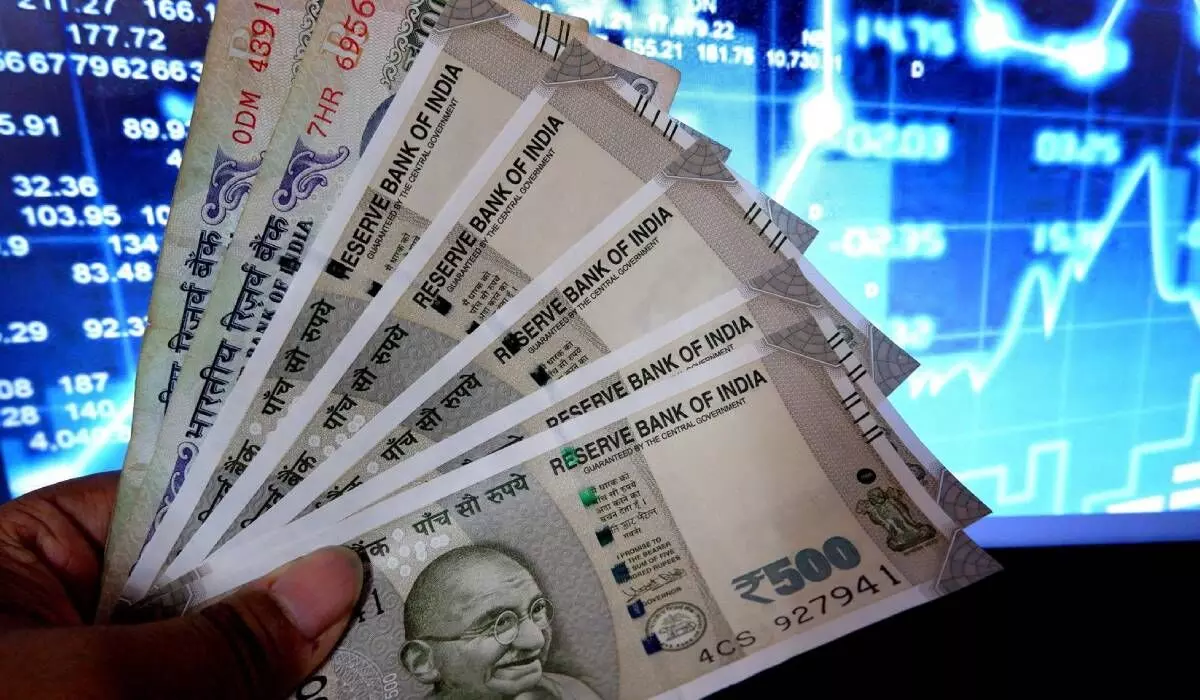Nomura warns of fiscal deficit risk despite RBI's dividend payout
Nomura Research has expressed concerns about the feasibility of achieving the fiscal deficit target of 5.9 percent of GDP for the fiscal year 2023-24. The report identifies several factors contributing to this risk. Firstly, there is the potential shortfall in nominal GDP growth, which could affect revenue generation. Additionally, lower tax buoyancy is expected, posing a challenge for meeting revenue targets. Furthermore, the budget for revenue expenditure is constrained, and ambitious goals for capital expenditure could strain fiscal resources.
image for illustrative purpose

Nomura Research has expressed concerns about the feasibility of achieving the fiscal deficit target of 5.9 percent of GDP for the fiscal year 2023-24. The report identifies several factors contributing to this risk. Firstly, there is the potential shortfall in nominal GDP growth, which could affect revenue generation. Additionally, lower tax buoyancy is expected, posing a challenge for meeting revenue targets. Furthermore, the budget for revenue expenditure is constrained, and ambitious goals for capital expenditure could strain fiscal resources.
Although the Reserve Bank of India (RBI) provides a fiscal windfall of over Rs 50,000 crore (0.17 percent of GDP) through a higher dividend to the government, Nomura suggests that this gain is likely to be negated by an equal slippage in the fertilizer subsidy.
The RBI recently approved a dividend payment of Rs 87,416 crore to the government for the fiscal year 2022-23. This is significant compared to the dividend of Rs 30,307 crore approved in May 2022. The annual report of the RBI sheds light on the reasons behind the higher dividends. It highlights a substantial increase in the RBI's income, driven by profits from foreign exchange sales amounting to Rs 1 trillion, indicating active intervention in the FX market. Additionally, the RBI's interest income from its holdings of domestic and foreign securities reached Rs 1.3 trillion, surpassing losses incurred in liquidity operations.
In terms of expenses, the RBI allocated Rs 1.3 trillion to its contingency fund, which safeguards against risks arising from securities depreciation and monetary/forex operations. This represents an increase compared to the previous year, with the contingency fund now accounting for 6 percent of the RBI's balance sheet, exceeding the typical range of 5.5-6.5 percent.

